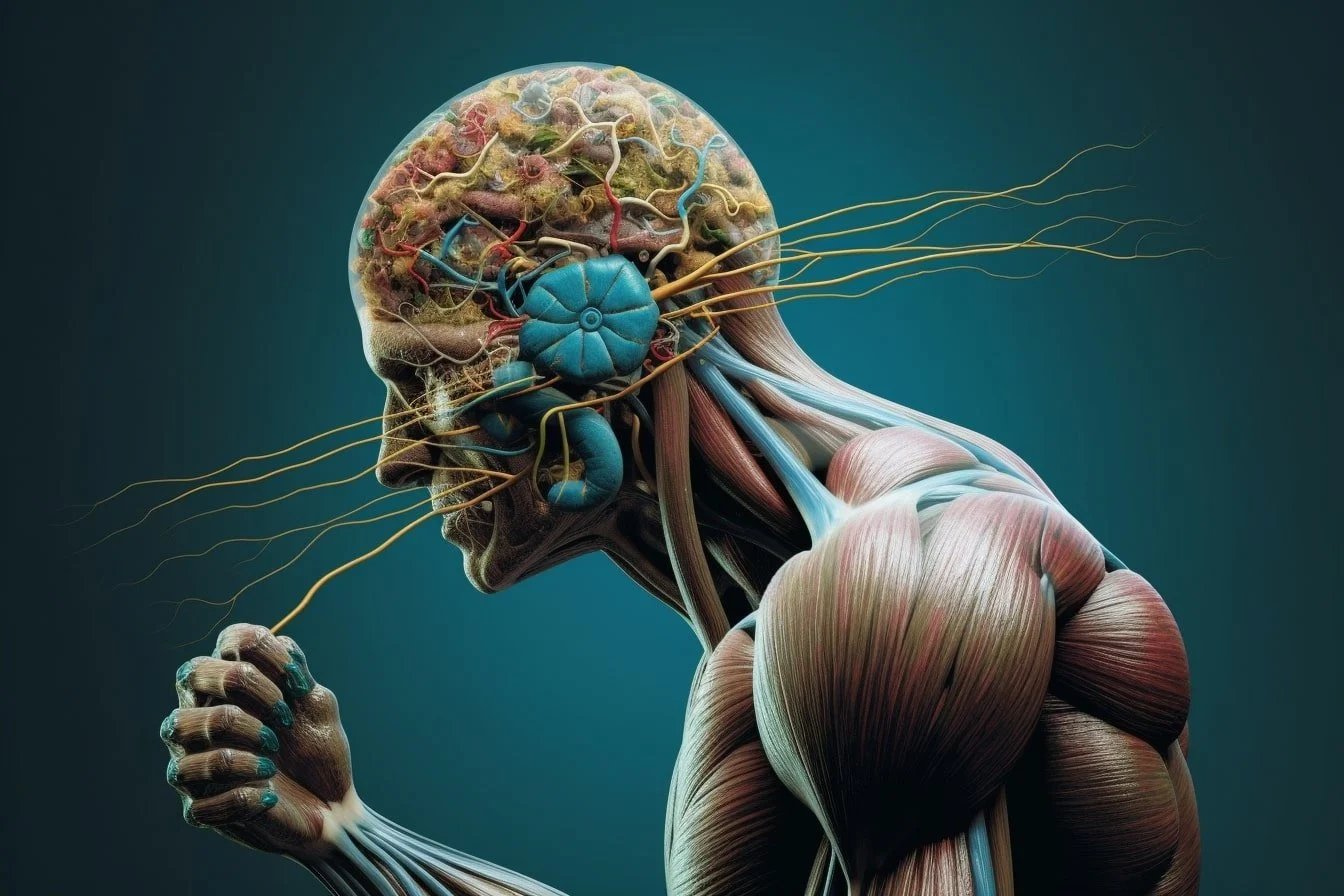Keeping our brains in good shape becomes more crucial as we become older. The decline in cognitive function and memory is a natural part of the aging brain process, but research suggests that certain lifestyle choices can significantly influence brain health. Among these, exercise and good sleep emerge as a powerful duo in promoting a sharp and agile mind as we grow older.
The Aging Brain: A Natural Process

Before delving into the benefits of exercise and sleep, it’s essential to understand how the brain changes with age. As we get older, the brain undergoes structural and functional alterations, such as reduced blood flow, shrinkage of brain tissues, and decreased production of neurotransmitters. These changes can lead to cognitive impairments, including memory lapses and slower processing speed.
Exercise: A Fountain of Youth for the Brain
Regular physical activity has been hailed as a natural elixir for the aging brain. Engaging in aerobic exercises, such as walking, jogging, swimming, or cycling, can lead to numerous neurological benefits. When we exercise, the brain receives increased blood flow, delivering vital nutrients and oxygen necessary for optimal performance.
Moreover, exercise triggers the release of endorphins and other neurochemicals that enhance mood, reduce stress, and promote a sense of well-being. Lowering stress levels is crucial for brain health, as chronic stress has been linked to cognitive decline and an increased risk of neurodegenerative diseases.
Studies have consistently shown that individuals who engage in regular physical activity experience improved cognitive function, enhanced memory, and a reduced risk of cognitive decline. Exercise has even been associated with an increased volume of the hippocampus, the brain region responsible for memory and learning.
The Power of Sleep on Cognitive Health
Sleep is a fundamental biological process that allows the brain to rest, repair, and consolidate memories. As we sleep, the brain undergoes essential functions like the removal of waste products, solidifying memories, and regulating neurotransmitters.
As we age, the quality of our sleep can decline, leading to issues like insomnia or frequent waking during the night. These sleep disturbances can have detrimental effects on brain health. During deep sleep stages, the brain clears out accumulated toxins, including beta-amyloid, a protein associated with Alzheimer’s disease. Therefore, adequate sleep is vital to help reduce the risk of neurodegenerative conditions.
The Symbiotic Relationship: Exercise and Sleep
While exercise and sleep independently benefit the aging brain, their effects are amplified when combined. Engaging in physical activity can lead to more restful sleep, improving sleep duration and quality. Exercise helps regulate the sleep-wake cycle, which, in turn, enhances the brain’s ability to undergo essential restorative processes during sleep.
On the other hand, better sleep supports exercise recovery and allows the body to repair muscles and tissues used during physical activity. This mutual relationship reinforces the positive impact on overall brain health.
Practical Tips to Enhance Brain Health
To maximize the benefits of exercise and good sleep for the aging brain, here are some practical tips:
- Stay Active: Aim for at least 150 minutes of moderate-intensity aerobic exercise per week, along with strength training exercises twice a week.
- Create a Schedule for Sleeping and Waking Up: Keep the same bedtime and wake-up time every day, especially on the weekends.
- Consider the bedroom comfy for relaxing through making sure it is dark, chilly, and undisturbed.
- Limit Screen Time: Reduce exposure to screens, such as phones and computers, before bedtime, as the blue light can disrupt sleep patterns.
- Manage Stress: Incorporate relaxation techniques into your daily routine, such as meditation, deep breathing, or yoga, to reduce stress levels.
Conclusion of the Best Medicine for an Aging Brain
As we age, preserving brain health becomes paramount for maintaining a fulfilling and independent life. Exercise and good sleep offer a dynamic and potent combination in supporting cognitive function and reducing the risk of neurodegenerative diseases. By incorporating regular physical activity and prioritizing quality sleep, we can harness the power of this duo to promote healthy aging and a sharp, agile mind for years to come.
